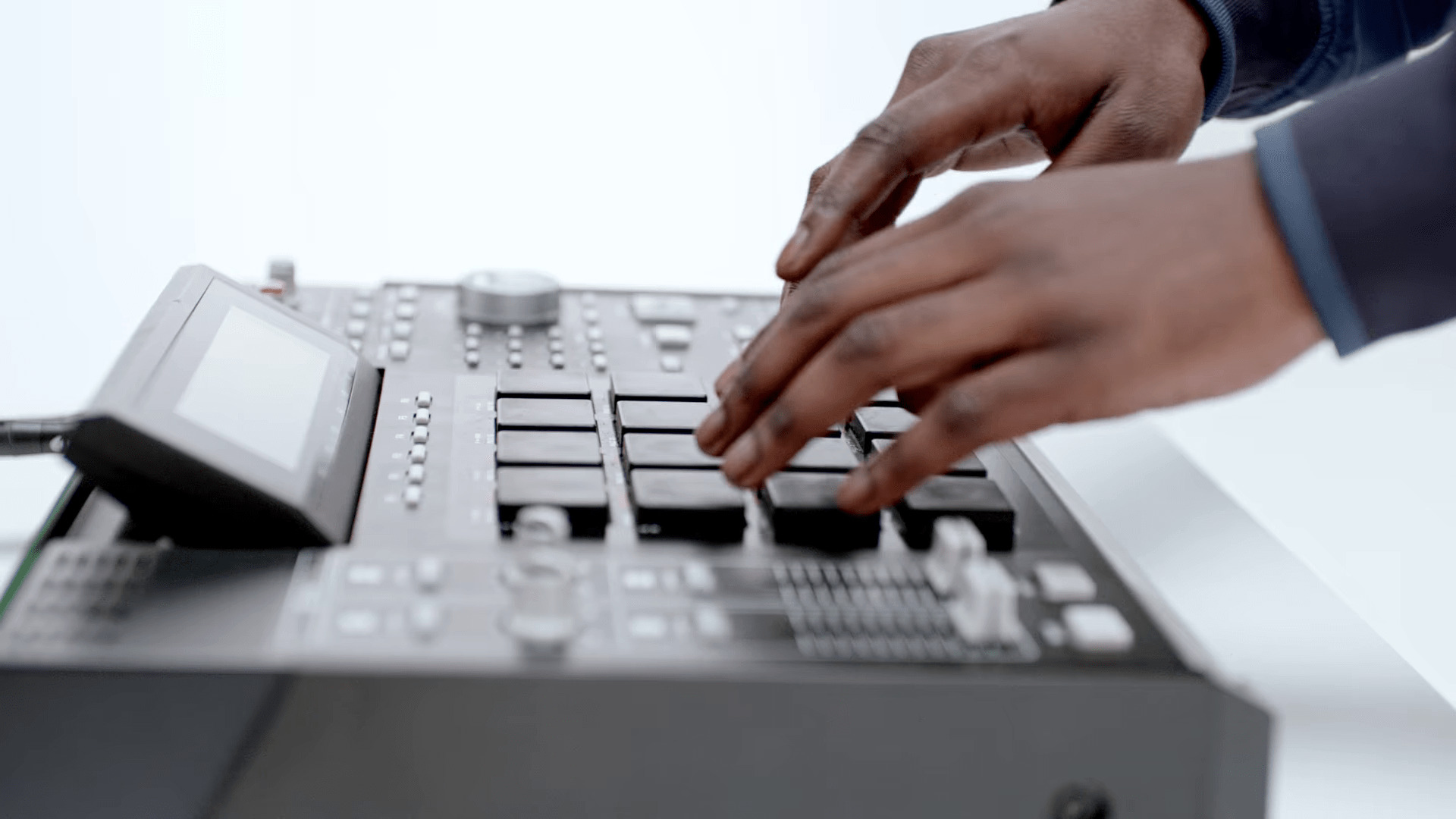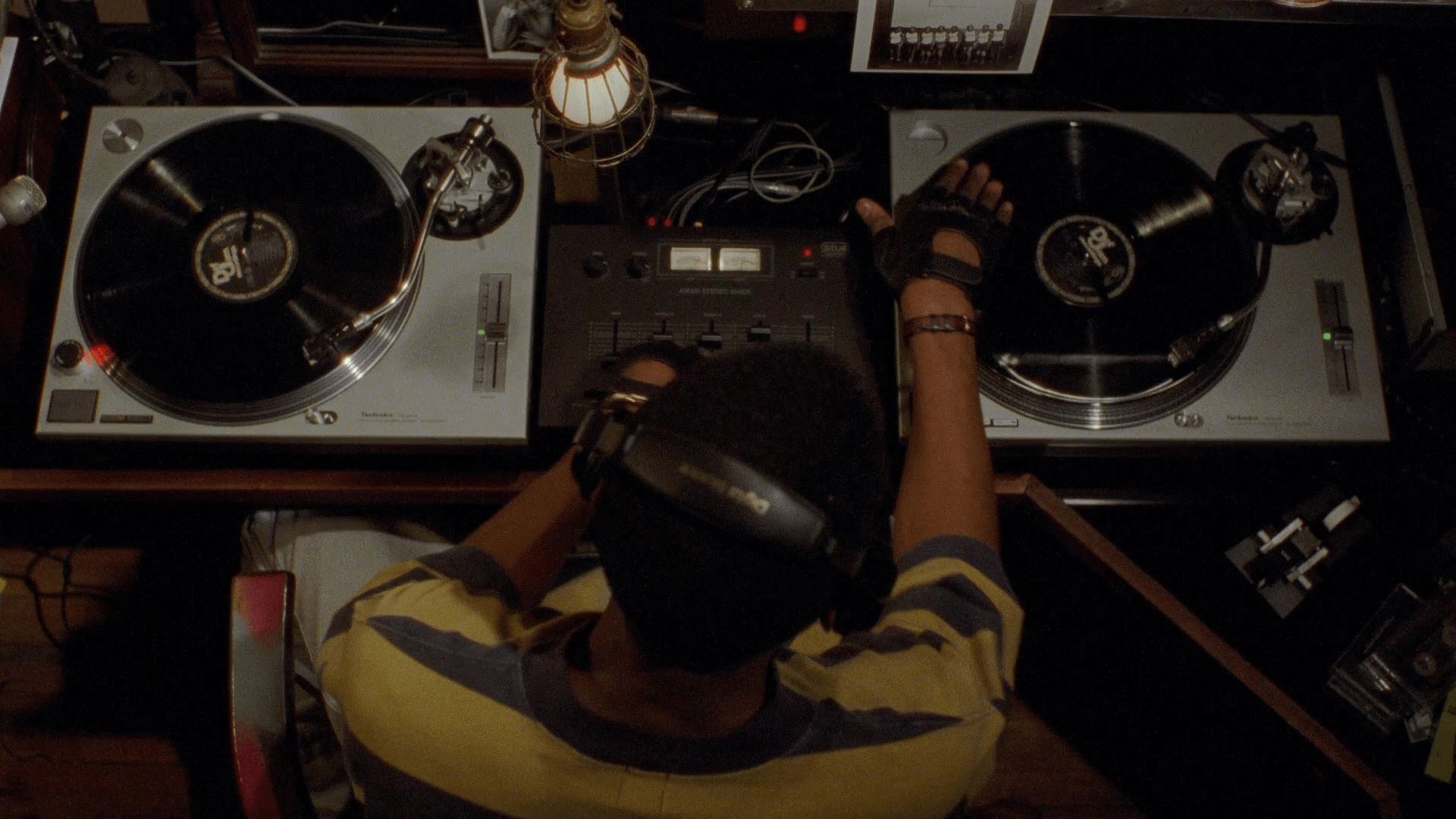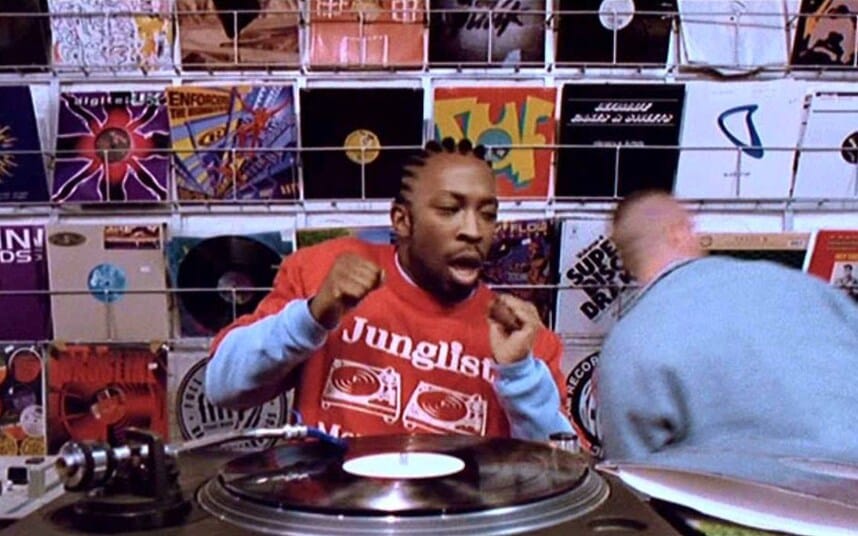Opinion
Remix Culture - History and future of an art form

The remix has become an integral part of the music industry, evolving from a simple reworking of a track to a unique art form in its own right. It has also become a powerful career-launcher for emerging artists. Remixes have transformed the way we consume music, giving rise to a new culture that embraces collaboration, experimentation, and innovation. In this article, we explore the origins of the remix, its impact on artists’ careers, how it has come to shape the modern music landscape, and finally how it has spread to other forms of media.
The Origins of the Remix
The concept of the remix can be traced back to the 1960s and 1970s when Jamaican reggae and dub artists began experimenting with reworking and manipulating existing recordings. Legendary figures such as Osbourne “King Tubby” Ruddock and Lee “Scratch” Perry produced the first remixes using techniques that involved stripping away vocal tracks and adding new layers of sound, such as echo effects, reverb, and additional percussion.
Electronic music owes a lot to the genius of Lee Scratch Perry.
As the late 1970s and 1980s witnessed the rise of Electronic dance music and Disco, remixes started to hold a more significant position within the musical landscape. DJs were extending and reworking tracks for the dancefloor.
In the 1990s, remix albums became a popular way for record labels to capitalize on the success of popular songs and promote new artists. These albums featured different producers or DJs reworking the original tracks to create new and unique versions of the songs.
Jennifer Lopez’s album J to tha L-O! The Remixes is the first remix album to debut at No. 1 on the Billboard 200 chart.
Remix as a Career Launcher
Over time, the remix has evolved into a powerful tool for launching and advancing the careers of both established and emerging artists. For instance, a well-executed remix can breathe new life into an older or less successful track, propelling it to the top of the charts and exposing it to a whole new audience. There have been multiple examples of remixes that have skyrocketed the careers of artists. Swedish artist Tove Lo experienced moderate success before releasing her single “Habits” in 2013 which quickly gained traction. However, it was the post-dubstep remix by Hippie Sabotage that made it go viral. With this success, Tove Lo signed with Island Records and Polydor, effectively kickstarting her career.

Remix as a New Art Form
In addition to its career-launching potential, the remix has also emerged as a distinct art form, with many artists and producers choosing to focus primarily on creating remixes. This shift in focus has given rise to a new wave of creative expression, as remixers reinterpret and re-imagine existing tracks to create entirely new musical experiences. Remixes can range from subtle tweaks in tempo and melody, to complete transformations that incorporate elements of different genres, styles, and eras.
Remixes also serve as a powerful platform for cross-genre experimentation and collaboration, as artists and producers from diverse musical backgrounds come together to create something fresh and unexpected. The fusion of different styles and sounds in remixes often leads to the birth of new sub-genres and musical trends, driving innovation and evolution within the music industry.
Remix Culture and its impact on the Music Industry
The rise of remix culture has had a profound impact on the music industry as a whole. With the proliferation of remixes, the lines between original compositions and reworked tracks have become increasingly blurred. This has led to debates around issues like copyright, royalties, and artistic integrity, as well as questions about the role of the remix in the creative process.
From a business perspective, remixes offer numerous benefits for record labels and artists alike. Remixes can extend the lifespan of a track, generating additional revenue through streaming, downloads, and even physical releases. They can also help artists reach new audiences by exposing their music to fans of different genres or by tapping into the popularity of the remixer.
In recent years, remixes have become a strategy to break records and stay at the top of the charts. A prime example is “Old Town Road”; while the first version released in 2019 was already a huge success, Lil Nas X remained unbeatable at the top position with a remix featuring Billy Ray Cyrus. Capitalizing on this success, he released versions of the track recorded with Young Thug, RM of BTS, and remixes by famous DJs like Diplo.

The Digital World, an era of remixes and collaborations
The rise of remix culture has coincided with advancements in digital technology and the growth of online music platforms. SoundCloud and YouTube have become hotbeds for remix culture, with countless remixes and reworks being uploaded every day. It is easier than ever for aspiring remixers to access and manipulate tracks.
Collaboration tools have also been a game changer, as all exchanges can be done online in only a few clicks. You surely have heard at least once in your life “let me create a WeTransfer link” or been invited to a shared drive on Google Drive or Dropbox.
Files exchanges are at the heart of this new era of remixes and collaborations. The “general” transfer tools have reshaped the way producers work. But are those tools really designed to exchange audio files? Is there any tool that can speed-up your workflow with features designed for music?
Collaboration made easy with Bridge.audio
Collaboration is essential for any music project and especially remix, but it can be difficult to keep track of files, make easy shares, and stay organized. It gets quite complicated to do all that with the mainstream tools that are not designed for music sharing. Bridge.audio is a cloud-based collaboration platform that makes it easy to work with others on music projects, from anywhere in the world.
It can prove particularly useful when it comes to collobaration on a remix, or even to organize remix contests of any sort.
You can use your Bridge workspace to easily organize remix contests.
As you understand, Bridge can greatly help you streamline your workflow. On a general level, the tool allows you to:
🗂️ Create workspaces to store all your files: Bridge.audio cloud workspaces are private and secured. They act like libraries where you can store all of your music files, including stems and versions. You can invite up to 4 collaborators to your workspace for free, and everyone will have access to the same files.
📤 Share files with ease: Bridge.audio makes it easy to share files with collaborators. You can create personalized links with stream/download permissions and all the media you need (photos, videos, documents…). You can also monitor your links and get notified each time your collaborator opens your track.
If you’re looking for a collaboration platform that can help you take your music projects to the next level, then Bridge.audio is the perfect solution for you. Sign up for a free account today and see for yourself how Bridge.audio can help you streamline your workflow and collaborate more effectively.
The Ethics of Remix Culture: Balancing Creativity and Copyright
While remix culture has undoubtedly led to a wealth of creative expression and innovation, it has also raised ethical questions around issues like copyright and intellectual property. With the ease of access to digital tools and online music platforms, it has become easier than ever for remixers to use and manipulate copyrighted material without permission.
This has led to debates around issues like fair use, artistic integrity, and the role of the original creator in the remix process. While some argue that remixing is a valid form of artistic expression that should be protected under fair use laws, others argue that it is a form of theft that undermines the value of original works.

For instance, in 2015, the musician and producer Pharrell Williams was sued by the estate of Marvin Gaye for copyright infringement over his hit song "Blurred Lines." The lawsuit claimed that the song copied elements of Gaye's 1977 hit "Got to Give It Up," leading to a controversial ruling that awarded Gaye's estate millions of dollars in damages.
While the legality of remixing remains a contentious issue, many artists and producers have taken steps to ensure that their work is properly credited and compensated. Some have even embraced remixing as a way to collaborate with other artists and expand their creative horizons.
Remix culture on other forms of media
Remix culture has had a profound impact on many forms of media, from music to film and television. In the case of movie trailers, fans have used remix culture to reinterpret and reimagine existing content in creative and unexpected ways.
One recent trend is the creation of Wes Anderson-style trailers for popular films. These trailers are created using artificial intelligence (AI) to mimic the distinctive visual style of Wes Anderson, a renowned filmmaker known for his quirky, symmetrical compositions, and whimsical narratives.
Two examples of Wes Anderson-style trailers that have gone viral are “The Lord of the Rings by Wes Anderson Trailer” and “Star Wars by Wes Anderson Trailer”. Both trailers were created by Curious Refuge, a YouTube channel that specializes in creating AI-generated remixes. The Lord of the Rings trailer has over 3.8M views, while the Star Wars trailer has over 2.7M views.

Just like for the music industry, remix culture in movies gets its share of criticisms. Some argue that it can lead to the unauthorized use of copyrighted material and that it can devalue the original work of art. However, one could argue that it is a form or creative expression that allows fans to interact with, and reinterpret their favorite media in new and meaningful ways. These trailers are not only entertaining, but they also demonstrate the power of remix culture to transform existing content into something new and exciting. As remix culture continues to evolve, it will be interesting to see how it influences other forms of media and creative expression.
The remix has come a long way from its origins in Jamaican reggae and dub music to becoming a powerful tool for launching and advancing the careers of both established and emerging artists. It has also emerged as a distinct art form, driving innovation and evolution within the music industry.
The rise of remix culture has had a profound impact on the music industry, blurring the lines between original compositions and reworked tracks, and raising ethical questions around copyright and intellectual property. With the ease of access to digital tools and online music platforms, it has become easier than ever for aspiring remixers to access and manipulate tracks, leading to a new era of collaboration and creativity.
Remixes have transformed the way we consume music, giving rise to a new culture that embraces collaboration, experimentation, and innovation.
